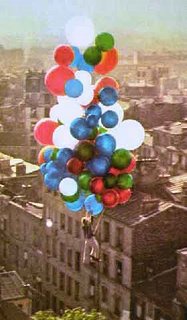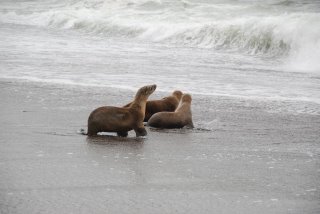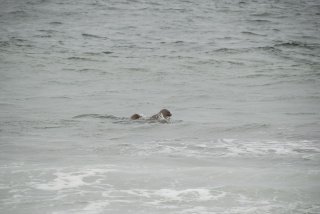Crunchy Granola read the book after a meeting in which a new faculty member was told, “There’s a university child care center, and efforts to expand it and create more flexible hours are underway. Child care has been at the top of the list of the faculty women’s association for years now.” Years?! Comments like this make me –and I think also Crunchy Granola–shake my head in frustration; just get it done, people. She comments, “the collection is a smart, funny-sad-crazy making-amazing-wonderful set of pieces that had me nodding as I read. The authors come from a variety of fields, and a range of institutions. This collection is well-worth reading for anyone considering an academic career, and also for any administrator mentoring faculty.
Mama PhD won’t surprise anyone who’s a reader of academic blogs. After all, there are lots of outlets these days for reading good personal writing on motherhood and academia, and I wondered whether I’d find the essays redundant or compelling. They were definitely compelling, though. I read quickly, learning about the different ways institutions create barriers for mothers advancing in their careers, or make it easier for those with children to advance. These are eloquent accounts of what choices women have made to accommodate their kids and careers.”
21st Century Mom read from the perspective of someone who’d been a grad student in the 70s, and is now mother to two grown daughters, both of whom are considering motherhood and graduate work. She writes:
“We want it all – family, work, friends and time to train and figuring out how to do that is one of life’s greatest tricks. The essays in Mama, PhD. are specific to being a mother in academia and address issues of sexism, negative perception and the tyranny of history but the solutions for how to “have it all” can be universally applied.
As a mother I want my daughters to “have it all” whatever that means to them. I want them to be able to define “it all” and to live a life that supports them in their efforts. I want their partners and their children, my future grandchildren, to “have it all” – a stable family, love, education, intellectual and cultural stimulation and financial stability. This book has, for me, been an antidote to the constant media messages telling us that trying to “have it all” is wrong, and selfish and impossible. Many of these women faced down the stereotypes, the negative attitudes, the professional denial and powered on, confident in their choices and their abilities.
I’ll be sending this book to my oldest daughter soon with instructions to send it to her little sister when she’s done. I hope they draw the same message from the book as did I. The world really can be your oyster as long as you can manage your time and your detractors and focus on your goals.”
And finally, Third Culture Mamma writes: “This book has been described as one that should be given to all mothers in or thinking about entering academia. I would also like to add for those who are thinking about leaving academia. One of the strengths of this compilation, and there are many, is that it presents all sides: those who have or are about to jump into the deths of academia, those who are a making their way though it come hell of high water and those who have decided to leave it.
While some of the experiences recounted in this collection do tell of departments and colleagues that are supportive, it also drives home the point that academia is just the same as almost all other industries – mothers are not welcome with open arms. However, besides the negative aspects, reading this book made me feel at home. The passion I have for academia and the possibilities of merging ith with motherhood, not ignoring the numerous challenges that it brings and that are transmitted in the book, is what I wanted to read, to help me see a possible future back in academia, and becoming a Mama, PhD.”











